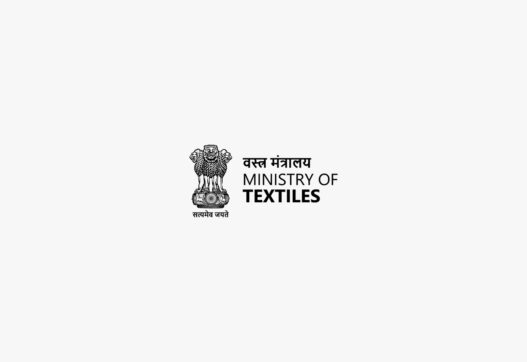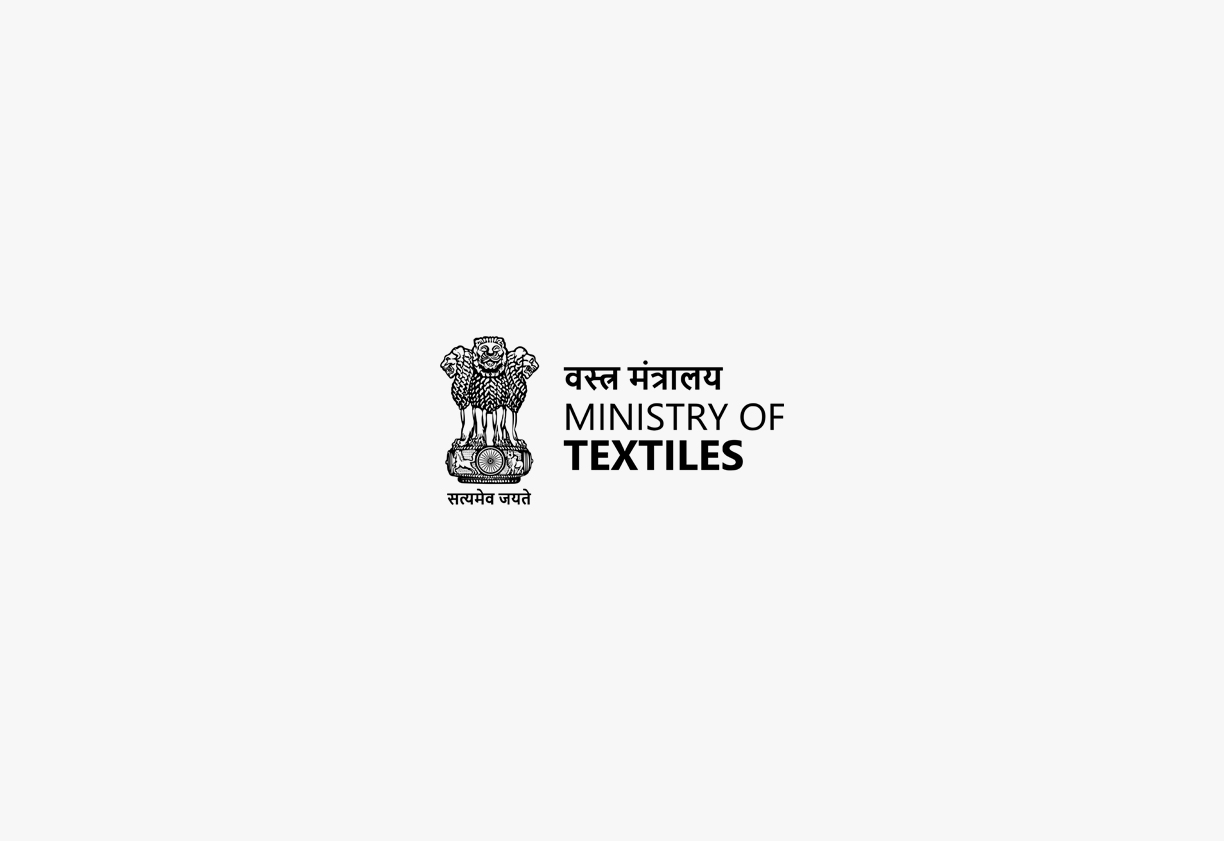Ministry of Textiles
The Handlooms (Reservation of Articles for Production) Act, 1985, aims to protect and develop the handloom industry in India by reserving certain articles for exclusive production by handlooms. This legislation recognizes the importance of the handloom sector for employment generation, especially in rural areas, and the need to preserve traditional weaving skills and cultural heritage. The Act empowers the Central Government to specify reserved articles and prohibits their production by power looms, ensuring a market for handloom products. This Act falls under the Ministry of Textiles.
Enactment Date, Number of Chapters, Number of Sections:
The Act was enacted on March 29, 1985, and came into force on March 31, 1986. It consists of 19 sections and is not formally divided into chapters.
Act Governed By:
The Act’s implementation is primarily overseen by the Central Government, which has the power to specify reserved articles, establish an Advisory Committee, and make rules for the Act’s enforcement. Authorized officers are appointed to conduct inspections, searches, and seizures.
On Whom It Is Applicable:
The Act applies to manufacturers of textile articles, including producers using power looms, processors engaged in ancillary processes, and those involved in the handloom industry.
Penalties/Punishments:
The Act prescribes penalties, including imprisonment and fines, for producing reserved articles on power looms, making false statements, and obstructing authorized officers. It also addresses offenses committed by companies.
Important Pointers:
-
Empowers the Central Government to specify articles reserved for exclusive production by handlooms.
-
Establishes an Advisory Committee to recommend articles for reservation.
-
Prohibits the production of reserved articles on power looms after a specified date.
-
Allows existing power loom producers a grace period to transition away from producing reserved articles.
-
Grants authorized officers powers to enter, inspect, search, and seize premises and materials.
-
Requires manufacturers to provide information and samples as directed.
-
Prescribes penalties for contraventions of the Act.
-
Allows the Central Government to delegate powers and issue directions.




